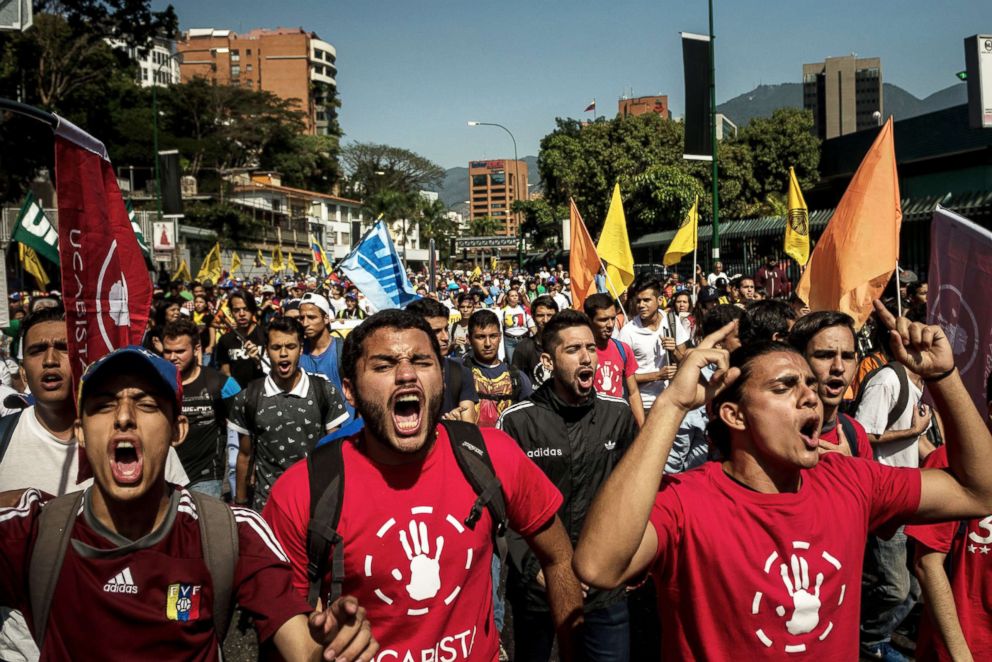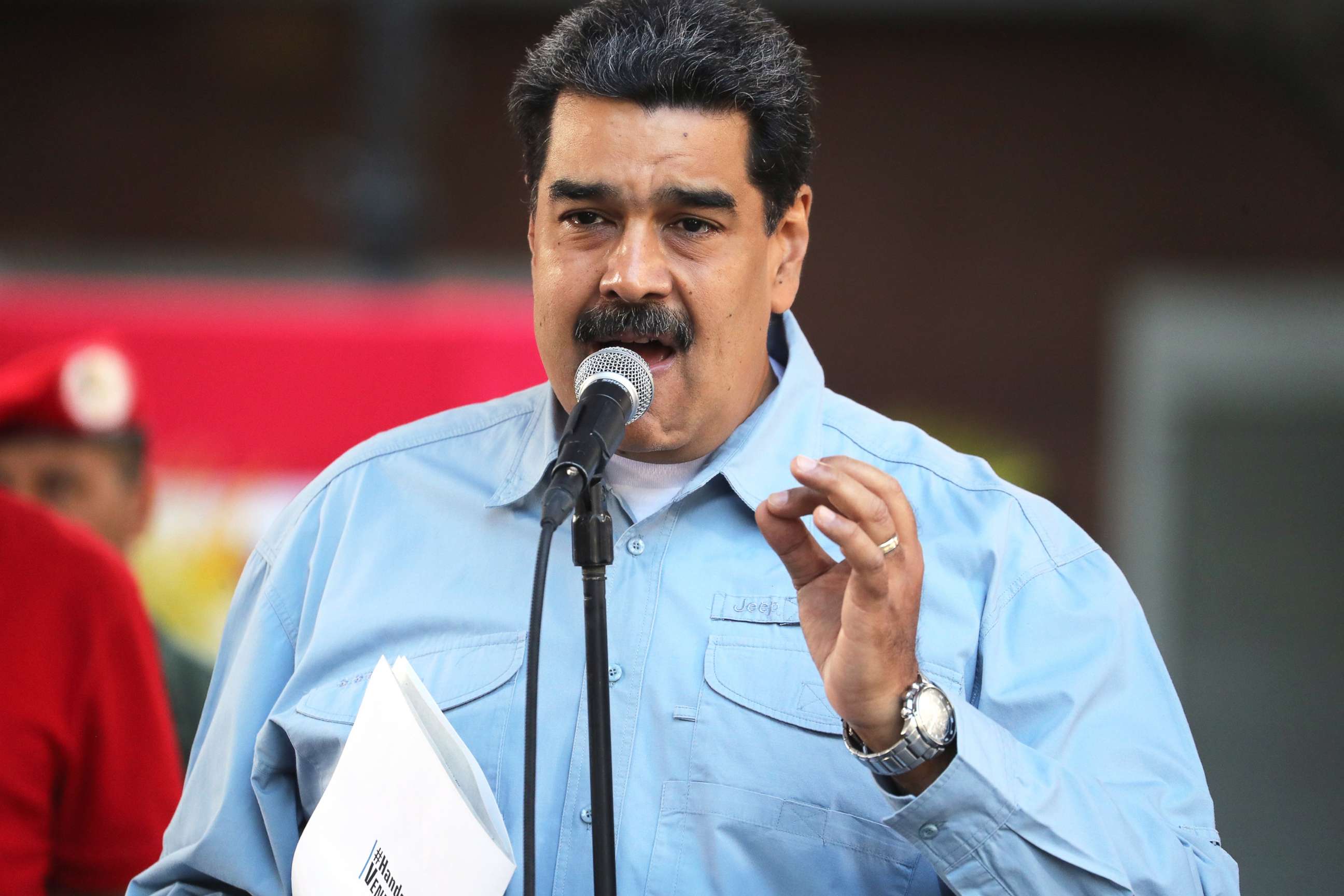Losing grip on power, Venezuela's Maduro leans on Cuban security forces, senior US officials say
A top U.S. admiral told senators that Havana "owns the security around Maduro."
Venezuela's Nicolas Maduro is increasingly leaning on the protection and support of his Cuban backers, amid mounting global pressure to leave office, according to several senior U.S. officials.
Adm. Craig Faller, head of U.S. Southern Command, told U.S. senators on Thursday that Havana "owns the security around Maduro and is deeply entrenched in the intelligence service."
The U.S. and dozens of other nations have recognized Juan Guaido, president of the country's National Assembly, as Venezuela's interim president, saying Maduro is no longer fit to govern. But despite international calls to step down and protests against his regime over the weekend, Maduro has clung to power, retaining allegiance from Venezuela's military.
But while the military remains on his side, the Pentagon said it's not the embattled president's own forces ensuring his safety -- it's members of Cuba's security service.
"I think it's a good sense for where the loyalty of the Venezuelan people are that his immediate security force is made up of Cubans," Faller told the Senate Armed Services Committee.

Cuba is "inextricably intertwined in all areas of Venezuela," he said.
Last month, Secretary of State Mike Pompeo told the United Nations Security Council, "No regime has done more to sustain the nightmarish condition of the Venezuelan people than the regime in Havana."
Elliott Abrams, the State Department's newly appointed envoy for the country, was more blunt, telling ABC News last week, "The only people willing to die for Maduro may be Cubans, who are his security guards."
Maduro's faith in his own military may continue to wane. The top Venezuelan air force general and the military attache in Washington already have defected from Maduro's government, and Guaido has been quick to call for others to abandon the man who has governed Venezuela since 2013, promising amnesty in exchange.

But -- at least for now -- Maduro has the support of his armed forces, which has really kept him in power.
"I think Maduro relies on more than just the Cuban people around him to stay in power," Ted Piccone, a senior fellow at the Brookings Institution, told ABC News. "The Venezuela military is fragmenting a little bit, but still unified at least at the senior level behind Maduro."
If that changes, Maduro could be forced to leave the country entirely, and Abrams suggested he could find safe haven with "friends" like Cuba or Russia.
Cuba has long involved itself in Venezuela, but the relationship became particularly close after Venezuela's former president, Hugo Chavez, came to power two decades ago.
"The Cuba-Venezuela relationship is very close and has been this way since Hugo Chavez and Fidel Castro embraced each other," Piccone said, describing it as a son-father relationship.
Havana benefited from subsidized oil from Venezuela that floated Cuba's economy for a long time, he added. In return, Cuba provided social welfare services, including hundreds of doctors, to Venezuela.
But the nation also sent its security and intelligence advisers, who have trained and influenced Venezuela's military.
"Russia and Cuba are both complicit in Venezuela's descent into dictatorship, but Cuba is particularly influential in supporting Maduro," Faller wrote in written testimony to the Senate Armed Services Committee. "Following the Cuban government’s advice and assisted by its intelligence machinery, Maduro is adhering to the autocratic blueprint Cuban leaders have ruthlessly executed for over six decades."
Piccone warned that even if Maduro transitions out of power, the Venezuelan military won't "suddenly become pro-American overnight."
"It's going to take some time for that to happen," he said.
The next anti-Maduro protest in Venezuela is scheduled for Tuesday.




